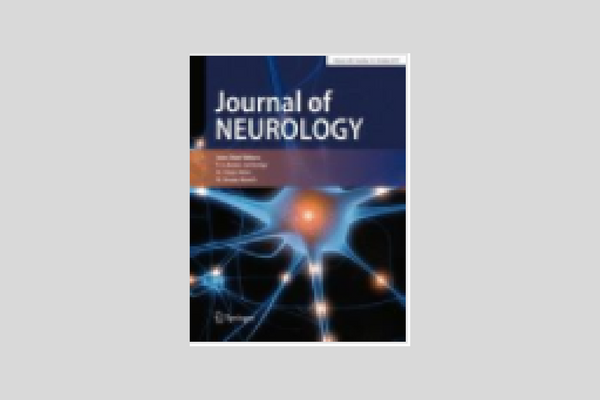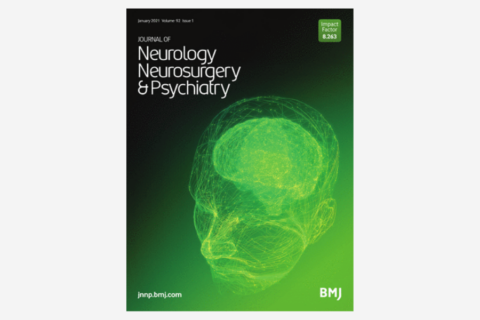
Journal of Neurology
Fecha de publicación: 18 August 2017
DOI: https://doi.org/10.1007/s00415-017-8593-x
Autores: Zhiyou Cai, Cheng-Qun, WanZhou Liu
Objective: The past several decades have given rise to more insights into the role of astrocytes in normal brain function and diseases. Astrocytes elicit an effect which may be neuroprotective or deleterious in the process of Alzheimer’s disease (AD). Impairments in astrocytes and their other functions, as well as physiological reactions of astrocytes to external injury, can trigger or exacerbate hyperphosphorylated tau and amyloid-beta (Aβ) pathologies, leading to the formation of both amyloid plaques and neurofibrillary tangles (NFTs), as well as neuronal dysfunction. This review addresses the involvement of astrocytes in the Aβ pathology, where the main mechanisms include the generation and clearance of Aβ, and the formation of NFTs. It is also discussed that metabolic dysfunction from astrocytes acts as an initiating factor in the pathogenesis of AD and a contributor to the onset and development of clinical presentation in AD.





